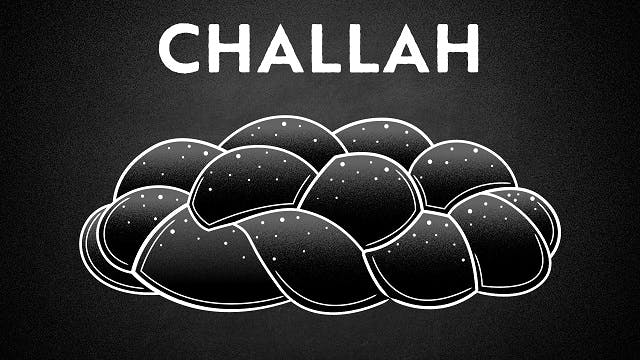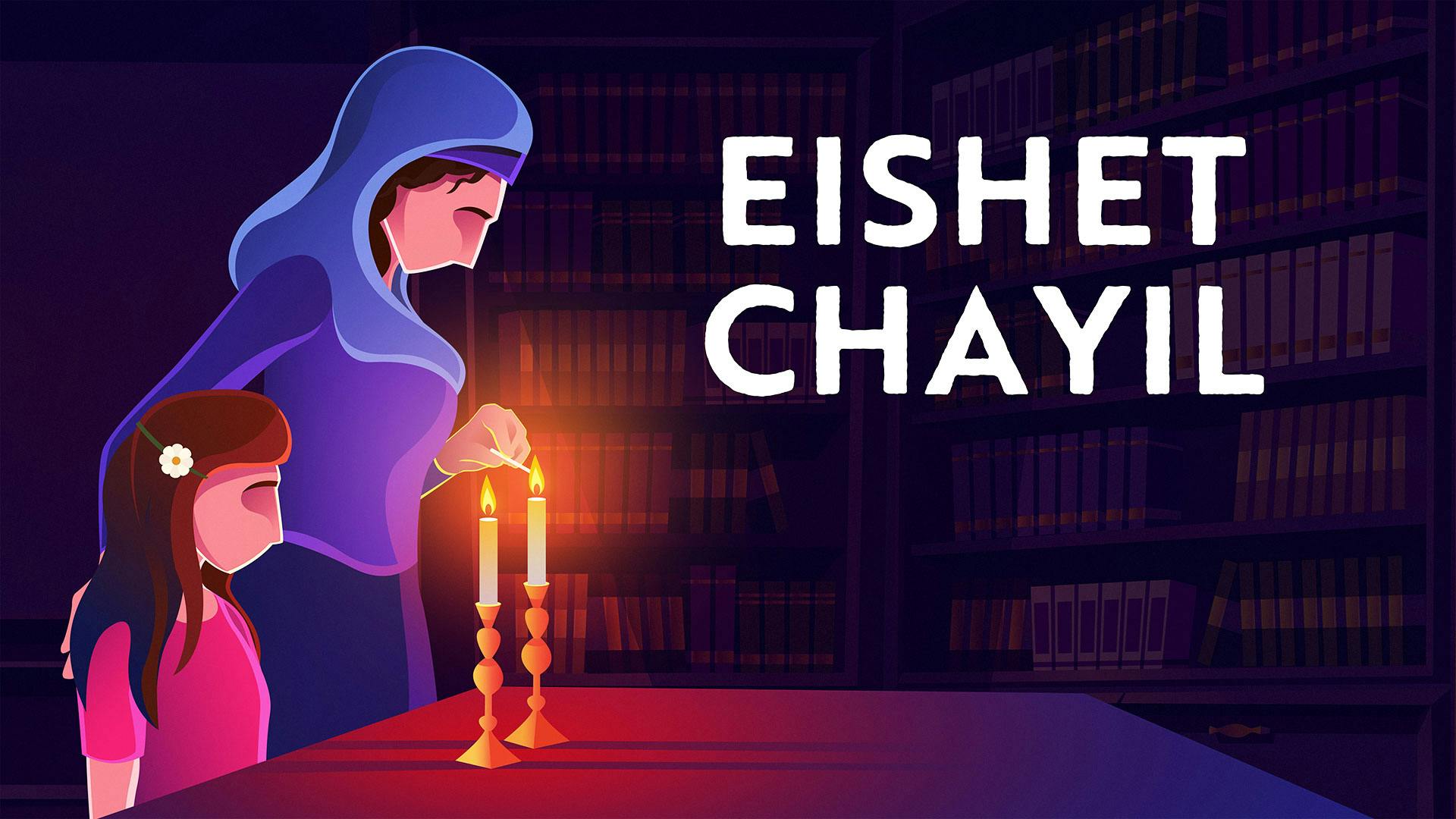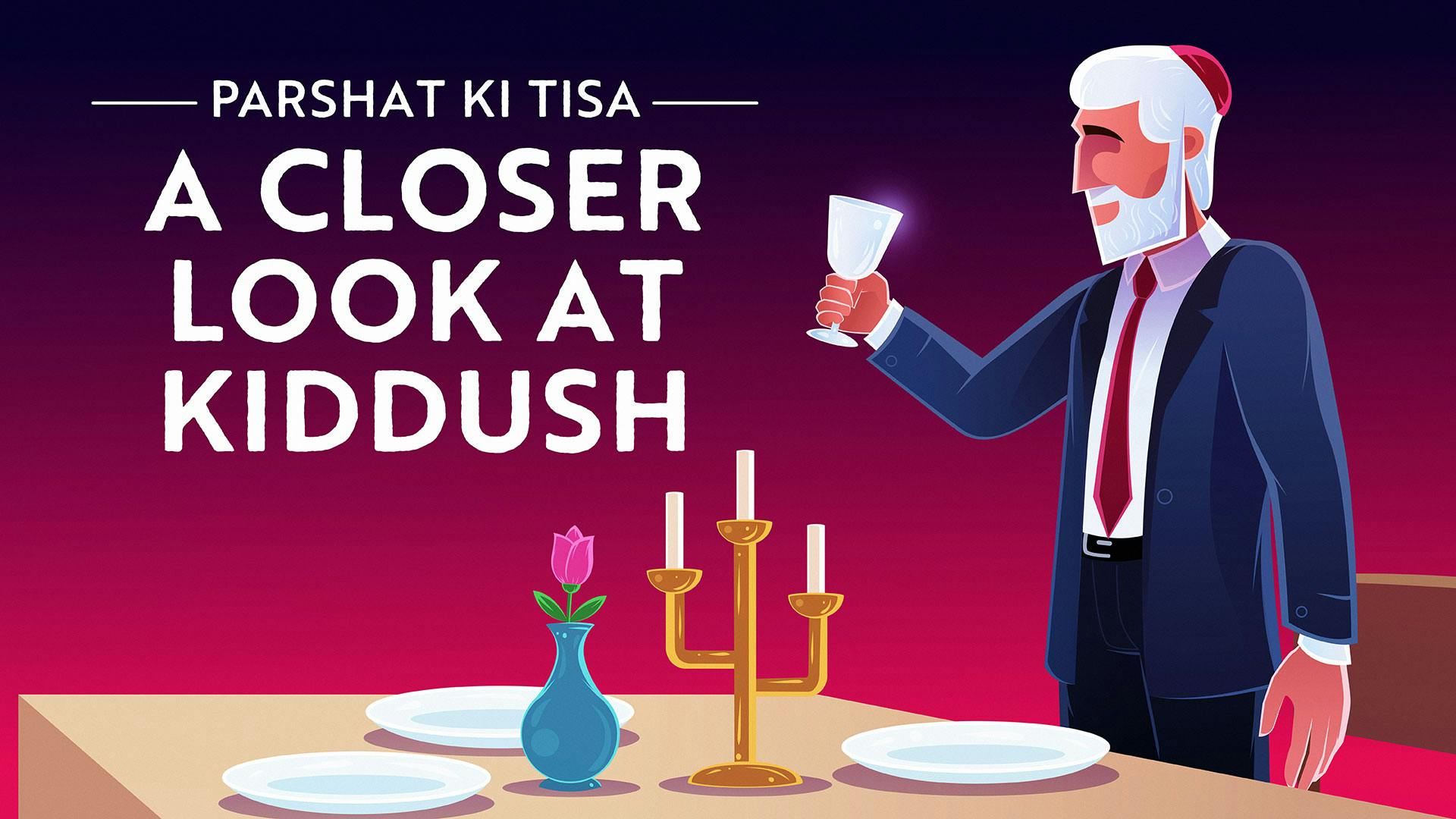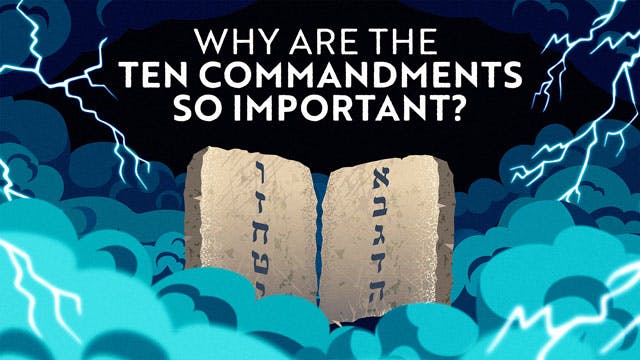Shabbat Videos
Shabbat will be observed on July 27, 2024.
Additional Resources
Shabbat Guide Part 1
Printable Guide
A self-study guide for: Shabbat Guide Part 1
Shabbat Guide Part 2
Printable Guide
A self-study guide for: Shabbat Guide Part 2
Shabbat Guide Part 3
Printable Guide
A self-study guide for: Shabbat Guide Part 3
Shabbat Kiddush
101 Guide
At the end of a long week, we gather around the table to recite Kiddush with family and friends, and declare Shabbat a holy day over a cup of wine. It’s a moment when our mundane concerns dissolve into the past, and we begin to taste the slice of eternity that is Shabbat. But there’s something puzzling about this… why are we declaring Shabbat holy, over and over again? Didn’t God already do that thousands of years ago, at the beginning of Creation? This paradox leads to one of the secrets of Kiddush. Scroll down to discover the deeper meaning behind the Kiddush blessing you thought you knew.
Eshet Chayil – A Song for Friday Night
101 Guide
What better way to settle into Shabbat than to express gratitude for the strong female role models in our lives? But what does this Biblical poem in Proverbs 31 mean? Who is the “Woman of Valor” that Eishet Chayil is praising?
What is Shabbat?
101 Guide
Even in a busy modern world, observant Jews still take time to rest on the Sabbath, just like God did on the seventh day of creation. We divide Challah bread every Friday night; we recite prayers and readings from the Torah, and bless our women and children. We repeat these actions every week, until they become familiar rituals. But how often do we stop to think about the meaning of what we're doing? What's so important about Shabbat rest, that we still observe this practice thousands of years later? Read this guide to uncover a deeper understanding of the Sabbath.
About Shabbat
Stop, reflect and rest – the core values of Shabbat are even more crucial in today’s chaotic world. We rest on the seventh day to honor God’s rest after He created the Universe. Thousands of years later we still observe the Sabbath by refraining from work, alongside special meals and prayers with friends and family.
The Torah tells us that God created the world in six days. Light and darkness, sky and sea, plant life, marine life and terrestrial life – they were all completed by the end of the sixth day of creation. On the seventh day, after so much creating, God then rested – and enjoyed it so much, that He blessed the day and made it holy for eternity. In recognition of God’s rest, we, too, celebrate the seventh day as Shabbat through rest. For thousands of years, the Jewish people have been observing the Sabbath, and remembering and recreating, in our own way, God’s day of rest.
Observing the Sabbath was written into stone as one of the Ten Commandments. And, even before the Torah was even given at Mount Sinai, the Israelites were told not to collect manna on Shabbat. In Jewish law, the Sabbath is observed by refraining from work, sanctifying the day with the recitation of Kiddush, enjoying festive meals and saying special prayers. There are many other laws, practices and customs that are unique to the day as well.
But there are many mysteries to Shabbat. For instance: Why would God need to rest? Why should the fact that God rested still matter to us today? And what do all the practices and customs of Shabbat mean? What is the real purpose of this day? The videos and guides on this page address these big questions to help you unravel the true meaning of Shabbat.







